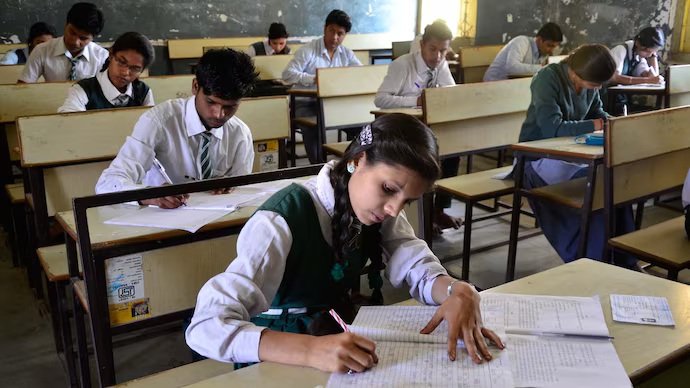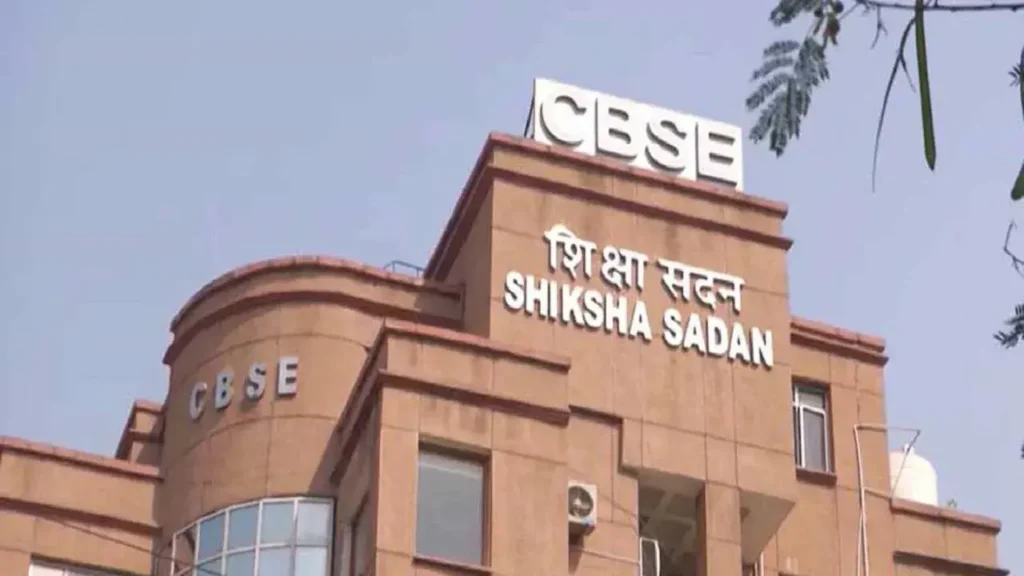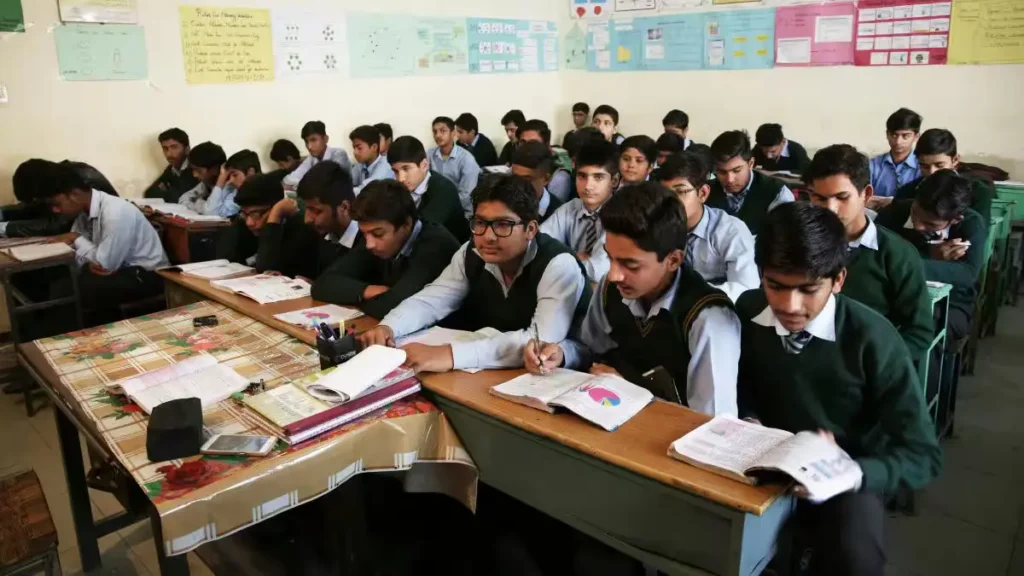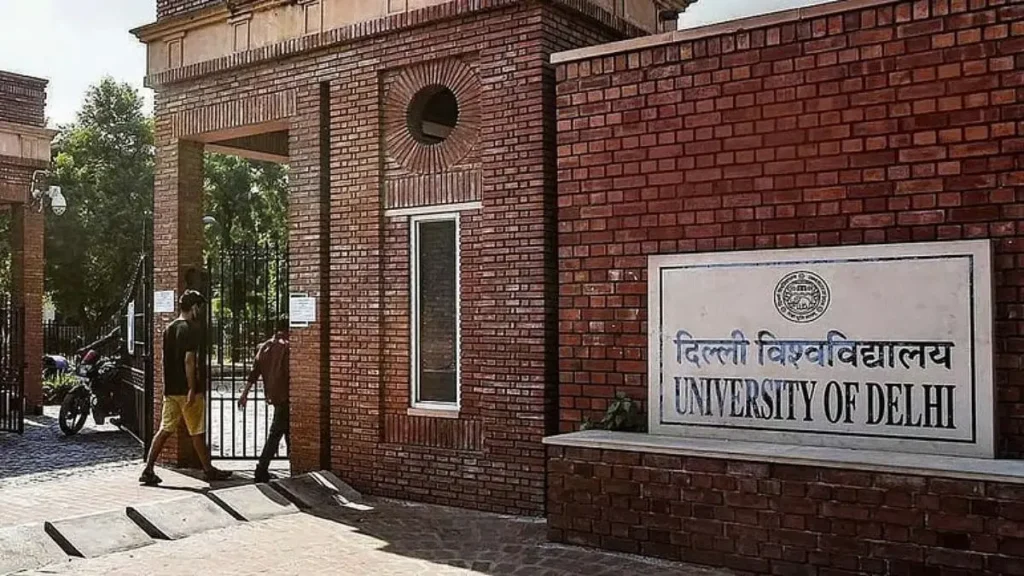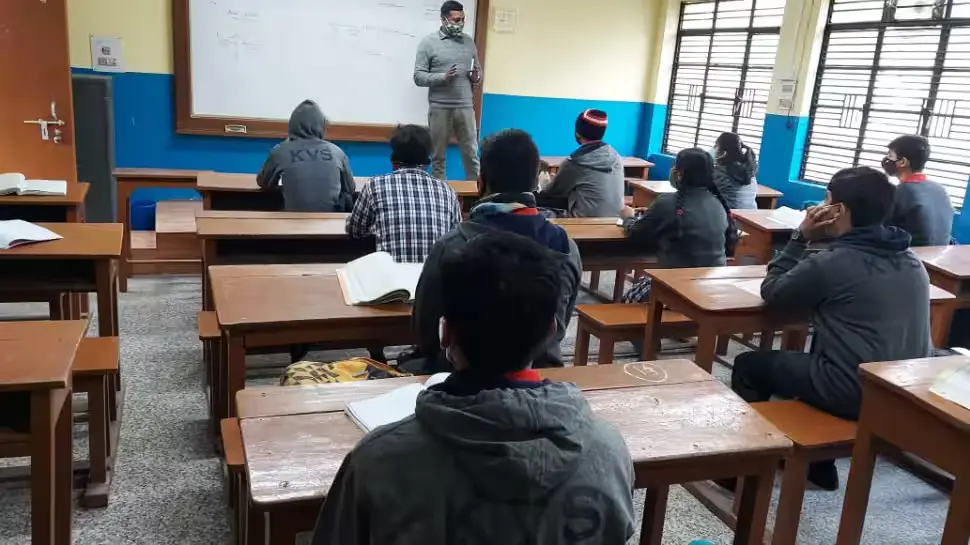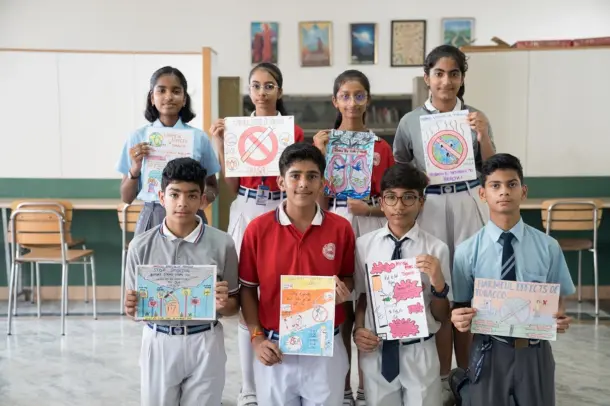CBSE to Roll Out Open-Book Assessments for Class 9 from 2026-27
Starting from the 2026-27 academic year, the Central Board of Secondary Education (CBSE) will introduce open-book assessments (OBAs) for Class 9 students. The move, approved by the board’s Governing Body in June, is based on a pilot study that tested the feasibility and acceptance of the format in schools. The initiative aims to shift the focus from rote learning to competency-based education, in line with the National Curriculum Framework for School Education (NCFSE) 2023 and the National Education Policy (NEP) 2020. Under this system, students will be allowed to consult textbooks, class notes, and other approved materials during exams. The format will be applicable to core subjects such as languages, mathematics, science, and social science, and will be integrated into the three pen-and-paper tests conducted in each term. While CBSE will issue standard guidelines, schools will have the option to adopt the format. The decision follows a pilot project conducted after its approval in December 2023, which tested OBAs in Classes 9 to 12. Results revealed a performance range of 12% to 47%, highlighting difficulties in applying resources effectively and grasping interdisciplinary concepts. However, many participating teachers expressed confidence in the system’s potential to boost critical thinking skills. CBSE has previously experimented with similar formats, introducing the Open Text-Based Assessment (OTBA) in 2014 for Classes 9 and 11. In that model, students received reference materials months ahead of exams, but it was discontinued in 2017-18 due to limited success. To ensure smoother execution this time, the board plans to provide model question papers, detailed guidelines, and training for schools. Officials believe these measures will help students develop analytical and problem-solving abilities, aligning assessment practices with NEP 2020’s vision for future-ready learning. Source: NDTV
CBSE to Roll Out Open-Book Assessments for Class 9 from 2026-27 Read More »

